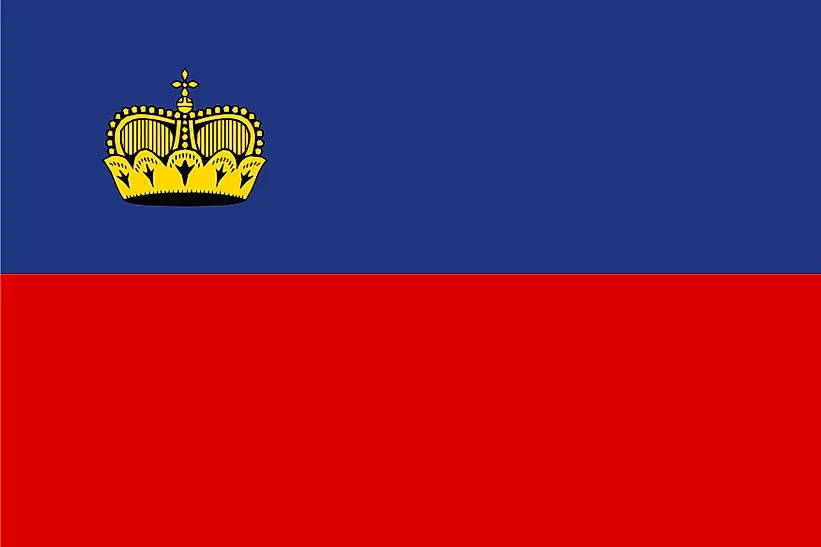
Liechtenstein
| Continent | Europe |
| Capital | Vaduz |
| Population | 37,937 |
| GDP | $4.98 Billion |
| GDP per Capita | $139,100 |
| Dialing Code | +423 |
| ISO Code (2-letter) | LI |
| ISO Code (3-letter) | LIE |
Liechtenstein Landscapes






About Liechtenstein
Welcome to Liechtenstein, a nation where medieval heritage meets modern prosperity. With approximately 38,000 people occupying just 160 square kilometers, Liechtenstein combines remarkable economic success with Alpine beauty, standing as one of the world’s few remaining principalities.
Geographic Features and Natural Beauty
Liechtenstein’s geography is dominated by the Alps, with the Rhine River forming its western border with Switzerland. The country features dramatic mountain landscapes, including the Grauspitz, its highest peak at 2,599 meters.
The landscape transitions from the fertile Rhine Valley in the west to Alpine peaks in the east. The country’s varied topography creates diverse microclimates supporting rich biodiversity despite its small size.
Protected areas include the Ruggeller Riet nature reserve and various Alpine conservation zones. The country’s commitment to environmental protection has resulted in well-preserved mountain ecosystems and sustainable land use practices.
Cultural Heritage and Traditions
Liechtenstein’s culture represents a unique blend of Alpine traditions and modern innovation. The country’s heritage includes medieval castles, particularly Vaduz Castle, the official residence of the Prince of Liechtenstein.
Traditional arts include distinctive wood carving and textile crafts. Music and dance traditions reflect Alpine cultural heritage, while festivals like the National Day on August 15 combine historical ceremonies with modern celebrations.
Liechtenstein cuisine features influences from neighboring Switzerland and Austria, with local specialties including käsknöpfle (cheese dumplings) and ribel (corn-based dish). The tradition of wine-making continues in the country’s small but prestigious vineyards.
Historical Journey
Liechtenstein’s history spans from its formation as a principality in 1719 through various European political changes to its current status as a prosperous microstate. The country’s development has been shaped by its strategic location and political stability.
Significant periods include the establishment of the principality, membership in the German Confederation, close ties with Austria-Hungary, and the economic transformation after World War II. Liechtenstein’s success in maintaining independence while fostering international cooperation has been remarkable.
Modern Economic Landscape
Today’s Liechtenstein economy combines a strong financial services sector with high-tech manufacturing. The country has become a global center for wealth management while maintaining significant industrial production.
Recent initiatives focus on digital innovation, sustainable development, and maintaining competitive advantages in financial services. Liechtenstein’s business-friendly environment and political stability support its position as a global financial center.
International Relations and Global Position
Liechtenstein maintains close ties with Switzerland and the European Economic Area while preserving its sovereignty. The country’s expertise in financial services and manufacturing contributes to international economic cooperation.
Did You Know?
• Liechtenstein is one of only two doubly landlocked countries in the world?
• The country has more registered companies than citizens?
• Liechtenstein abolished its army in 1868?
• The entire country can be rented for corporate events (with proper permissions)?
Conclusion
Liechtenstein represents a unique combination of traditional monarchy and modern innovation. From its Alpine landscapes to its financial expertise, from its medieval heritage to its technological advancement, Liechtenstein continues to evolve while maintaining its distinctive identity. As it addresses contemporary challenges including digital transformation and sustainability, Liechtenstein remains committed to preserving its independence while fostering global cooperation.